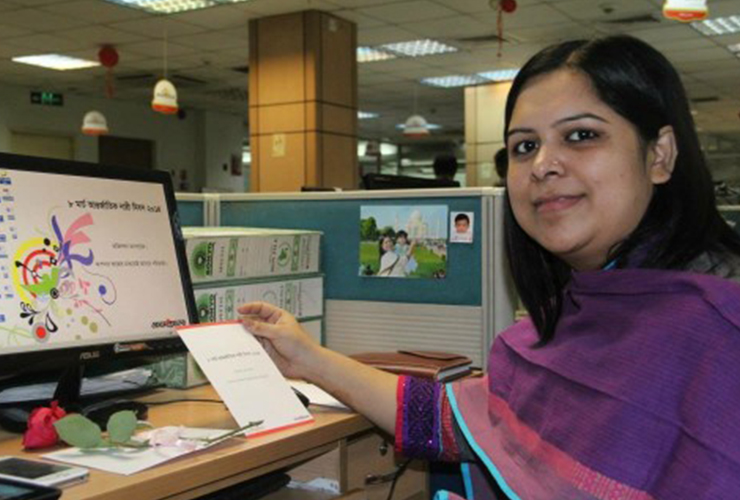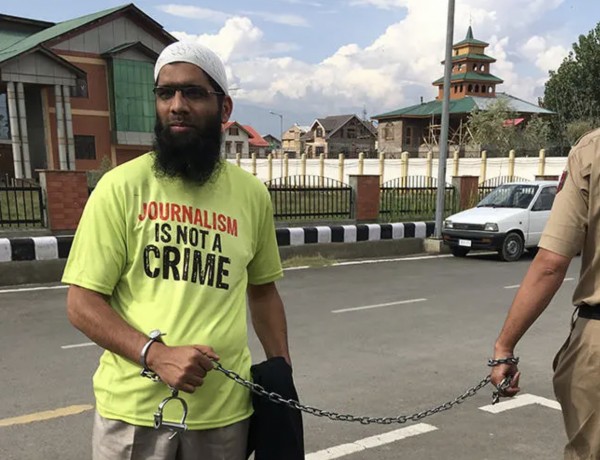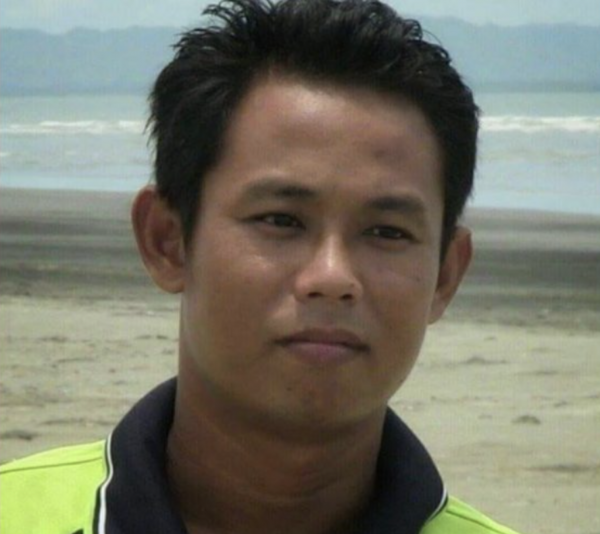The IPI global network calls on the Bangladeshi government to drop charges against anti-corruption journalist Rozina Islam ahead of her next court hearing on March 2. IPI also joined other human rights groups in publishing a joint statement expressing concern over Islam’s lack of access to fair legal proceedings since her arrest over nine months ago.
Islam, a journalist with leading Bengali-language newspaper Prothom Alo who is known for her investigative reporting on corruption in the health sector during the pandemic, was arrested on May 17, 2021. She was detained following a visit to the Ministry of Health where officials claimed that she took pictures with her mobile phone of documents on coronavirus vaccines. Police confiscated her phone, passport, and other personal belongings. Islam said on Twitter that she was also subject to physical violence such as having her throat grabbed.
The next day, a court denied Islam’s release on bail and ruled to keep her in detention until a next hearing, which was rescheduled for May 23, 2021. Islam was ultimately released after seven days in jail on a conditional bail of 5,000 takas, the withholding of her passport, and two guarantors to ensure that she complies with bail conditions.
She has been charged with the theft and photographing of sensitive state documents under the Penal Code and the outdated 1923 Official Secrets Act, charges that could lead to 14 years in prison or even the death penalty.
Since Islam’s arrest, there have been multiple sets of court dates that have been canceled or postponed. The next hearing is scheduled for March 2. During the hearings that were not canceled, no evidence was presented and no substantial review of the case took place. Rather, Islam and her lawyer simply received a next court date.
The recent joint statement by IPI and other organizations notes: “The right to a fair trial encompasses a fair review of the charges by a competent, independent and impartial tribunal and without undue delay. All the more so as Rozina faces serious charges of up to 14 years or even the death penalty.”
The only major development in the case is that Islam temporarily received back her passport for six months to leave the country, albeit only for medical reasons, as well as press accreditation for nine months on January 24, 2022.
“IPI urges Bangladesh to drop these completely disproportionate charges against Rozina Islam and stop its harassment of her”, IPI Deputy Director Scott Griffen said. “The use of such archaic legislation, combined with the draconian penalties in this case, will cast a chilling effect over investigative journalism in Bangladesh. A core function of journalism in any democracy is researching and revealing possible wrongdoing and speaking truth to power. It is extremely disturbing that Rozina Islam faces such severe persecution for seeking to do her job.”
Continued harassment
Islam and her family have reportedly faced harassment since her arrest, including visits to her home and monitoring of her financial transactions.
She has also been targeted with propaganda efforts on social media seeking to undermine her reputation. Pictures of Islam with devil’s horns were posted on the Ministry of Health’s Facebook page. The Ministry has also released statements and videos accusing the journalist of spreading misinformation about the ministry under the disguise of journalism.
Islam has nevertheless received public support in Bangladesh as well as abroad, with numerous human rights and journalism asking for the charges to be dropped. After her arrest, there were protests in the country supporting her. Her investigative work has received awards like the Free Press Award under the category “Most Resilient Journalist” in November 2021 from Free Press Unlimited.
Media freedom in Bangladesh
Concerns over media freedom in Bangladesh have increased over the past few years. In October 2018, the government passed the Digital Security Act (DSA), which has become a tool to censor and limit criticism of the government, especially during the pandemic. Under the DSA, any digital media content that is regarded as “harmful to harmony or public order or seen to incite communal hatred” faces removal and can result in imprisonment of up to seven years. Similarly, assisting the committing of crimes through the media can result in 14 years’ imprisonment under the 1923 Official Secrets Act. The DSA has been used against multiple journalists and members of the public over the last few years, including a 15-year-old boy who was arrested over a Facebook post that contained “defamation” of Prime Minister Sheikh Hasina Wazed.
According to Human Right Watch, at least 80 Bangladeshi journalists were attacked, injured, or killed while reporting in the first nine months of 2021 alone. In addition, there were over 247 reported instances of intimidation, attacks, or harassment of journalists by government officials and others in 2020.
In spring 2020, journalist Shafiqul Islam Kajol was kidnapped for 53 days. On February 25, 2021, writer Mushtaq Ahmed died in prison after 10 months of imprisonment for allegedly spreading misinformation against the government on social media.



